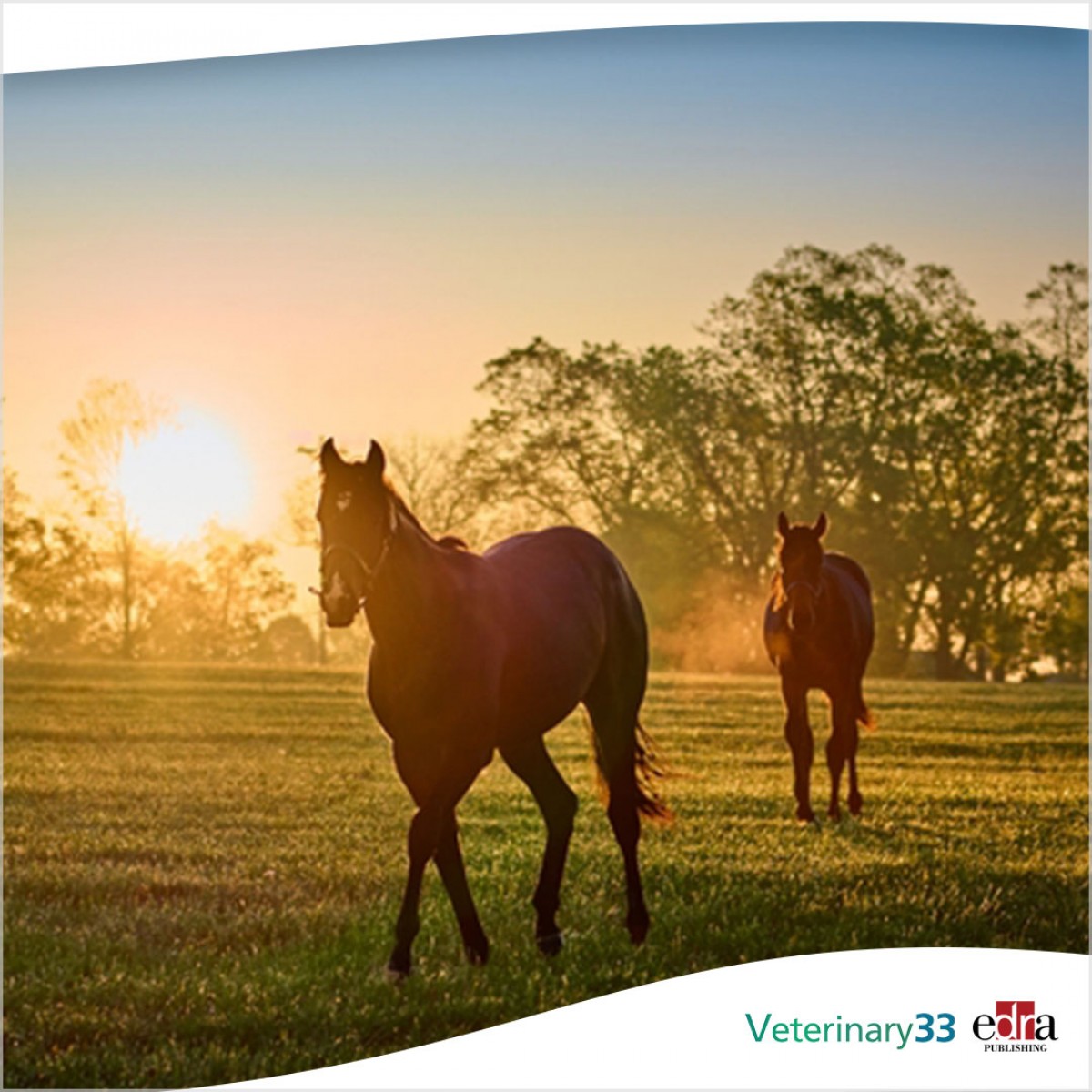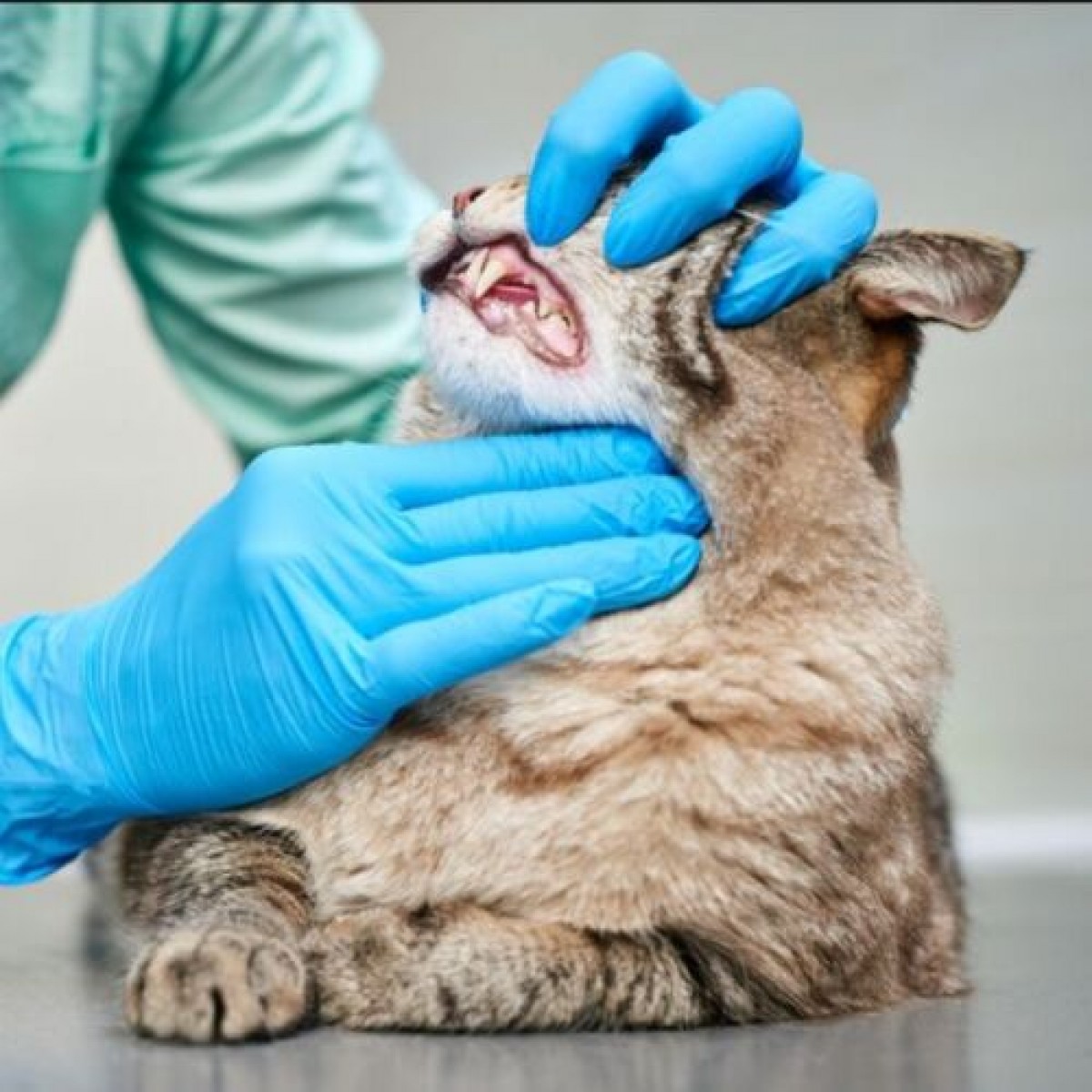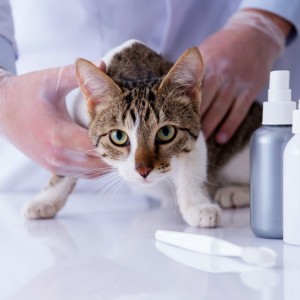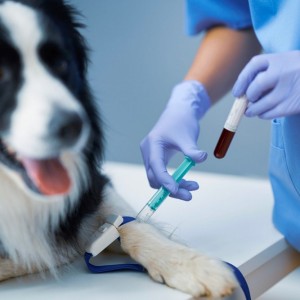Helping horses with equine asthma breathe easier
PetTalk, from the School of Veterinary Medicine & Biomedical Sciences, Texas A&M University
Although asthma symptoms generally worsen in the winter for horses because of the cold, dry air, summer weather can also “stirrup” trouble for horses with a specific form of asthma — summer pasture associated asthma.
“Equine asthma — also known as inflammatory airway disease (IAD), recurrent airway obstruction (RAO), or ‘heaves’ — is a common condition of the horse,” said Dr. Amanda Trimble, a clinical assistant professor of equine internal medicine at the Texas A&M School of Veterinary Medicine & Biomedical Sciences. “Yet another form, known as summer pasture-associated asthma, is commonly found in the southern United States, including Texas, and is particularly seen in horses who are out in the pasture during the hot, summer months.”
In general, equine asthma is a hypersensitivity to inhaled antigens, such as dust, mold, and endotoxins, which are bacterial toxins that can be found in hay and straw. Those with the summer variety are less likely to experience this hypersensitivity during the winter or indoors, according to Trimble.
All forms of asthma, however, share clinical signs despite presenting itself during different seasons.
“Common clinical signs include increased effort to breathe and are shown by flared nostrils, a rate greater than 40 breaths per minute, wheezing, coughing, or the flanks and abdomen ‘pushing’ extra hard with each breath,” Trimble explained. “In more mild cases, you may notice decreased performance, a cough when starting to exercise, or a cough in a dusty environment such as a stall or in an arena.
A definitive diagnosis for any form of asthma requires a veterinarian to perform a bronchoalveolar lavage, a procedure that collects a lung sample for cytology testing, which looks closely at the cells and body fluids.
The procedure and cytology testing can specifically determine the severity of asthma present, which Trimble said can help veterinarians make more appropriate recommendations for managing asthma symptoms. Once a horse has been diagnosed, veterinarians may prescribe medications, which can be given by mouth or through an equine inhaler that enlarges the airways and decreases inflammation.
Whether or not asthma is controlled by medication, unexpected flare-ups of symptoms can occur at any time, making it essential to have an established relationship with a veterinarian.
“Recognizing when your horse is in respiratory distress is important, but you should have a good working relationship with your veterinarian, not just for diagnosis and medications, but in case of a crisis or an acute flare-up (a sudden increase in pain) that requires immediate medical attention and the administration of emergency drugs,” Trimble said.
To successfully control or resolve symptoms associated with equine asthma, as well as to minimize the risk of flare ups, environmental management is critical and can be more beneficial than medications, according to Trimble.
“Avoiding your horse’s triggers can help manage asthma, but that isn’t always easy, since we can’t always determine every trigger and because placing a horse in a dust free environment for life is nearly impossible,” she said. “Yet, if the environment is not at least managed properly, the horse will continue to have clinical signs of asthma, even with medications.”
One effective way to manage a horse’s environment is to reduce the amount of dust and mold exposure as much as possible, generally by cleaning out a horse’s barn regularly.
“Regardless of the type of asthma, horses should not stay inside a barn while it is being cleaned, and leaf blowers should not be used to clean the aisles,” Trimble explained. “In the case of IAD or RAO, turning the horse out — or taking horses from their stall to a pasture or field — as much as possible can be helpful, particularly when cleaning a barn. However, for those with the pasture-associated form, the opposite is true.”
Trimble also recommends that owners avoid providing bedding that is high in dust, such as straw; limit the horse’s exposure to high winds, burning pastures, or extreme weather that is greater than 90 or less than 32 degrees Fahrenheit; and avoid feeding from a round bale of hay, as horses tend to stick their heads in it and can inhale dust and mold.
Additional tips for feeding a horse with asthma include wetting down or steaming hay to reduce dust prior to feeding or supplying them with a complete feed that is formulated to meet a horse’s nutritional requirements. Trimble suggests owners provide horses with an omega-3 fatty acid supplement as well to alleviate airway inflammation.
With proper management, treatment, and veterinary connections, horses can continue to breathe easy despite whichever form of equine asthma afflicts them.
Pet Talk is a service of the School of Veterinary Medicine & Biomedical Sciences, Texas A&M University. Stories can be viewed on the web at vetmed.tamu.edu/news/pet-talk. Suggestions for future topics may be directed to vmbs-editor@tamu.edu.













List
Add
Please enter a comment